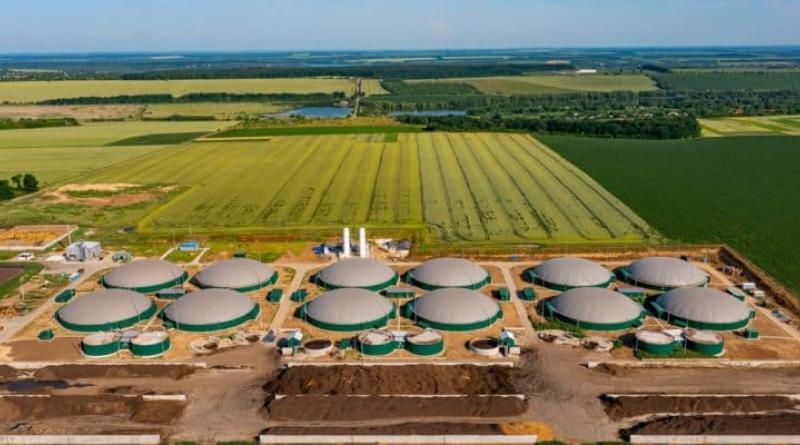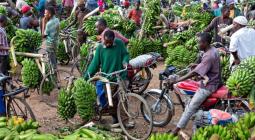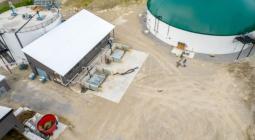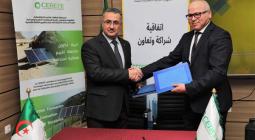ALGERIA: Seoul to support waste-to-biogas project in Algiers

Faced with household waste pollution in Algiers, the National Waste Agency (AND) is planning to convert this waste into biogas. Algeria will benefit from the expertise of the Korean Environmental Industry and Technology Institute (KEITI), with which the government has just signed a technical cooperation agreement.
In response to the urgent problem of household waste pollution in the Algerian capital Algiers, the government has announced a project to convert domestic waste into biogas. The initiative was announced on 11 September by the National Waste Agency (AND), following the signing of a technical cooperation agreement with South Korea.
The Korean Environmental Industry and Technology Institute (KEITI) will carry out a feasibility study into the biogas recovery of household waste generated in Hamici’s landfill sites, which have a capacity of 10 million tonnes. This centre handles the waste from Algiers, Algeria’s largest city, with an estimated population of 7.8 million in 2022.
KEITI will also carry out inspections at the Corso CET in the wilaya of Boumerdes, where the second landfill for 1,000 to 1,300 tonnes of household waste was commissioned in July 2020, after the first landfill had reached saturation point with 2 million m3 of waste since it was commissioned in 2014. The last site to benefit from South Korea’s expertise is the rehabilitated landfill at Oued Smar, a commune in the wilaya of Algiers.
Obtained by fermenting organic matter, biogas can be used to produce heat and electricity. The digestate can be transformed into fertiliser for agriculture. This energy is currently produced at the El Biar landfill site, located in the southern suburbs of Batna. The facility has three biogas collection wells, each 4 m deep.
As well as reducing pollution, the aim is to limit methane emissions, which have a warming power 82% greater than CO2 over a 20-year period. Algeria’s ambition is to recover 30% of household waste by 2035, according to the AND.





